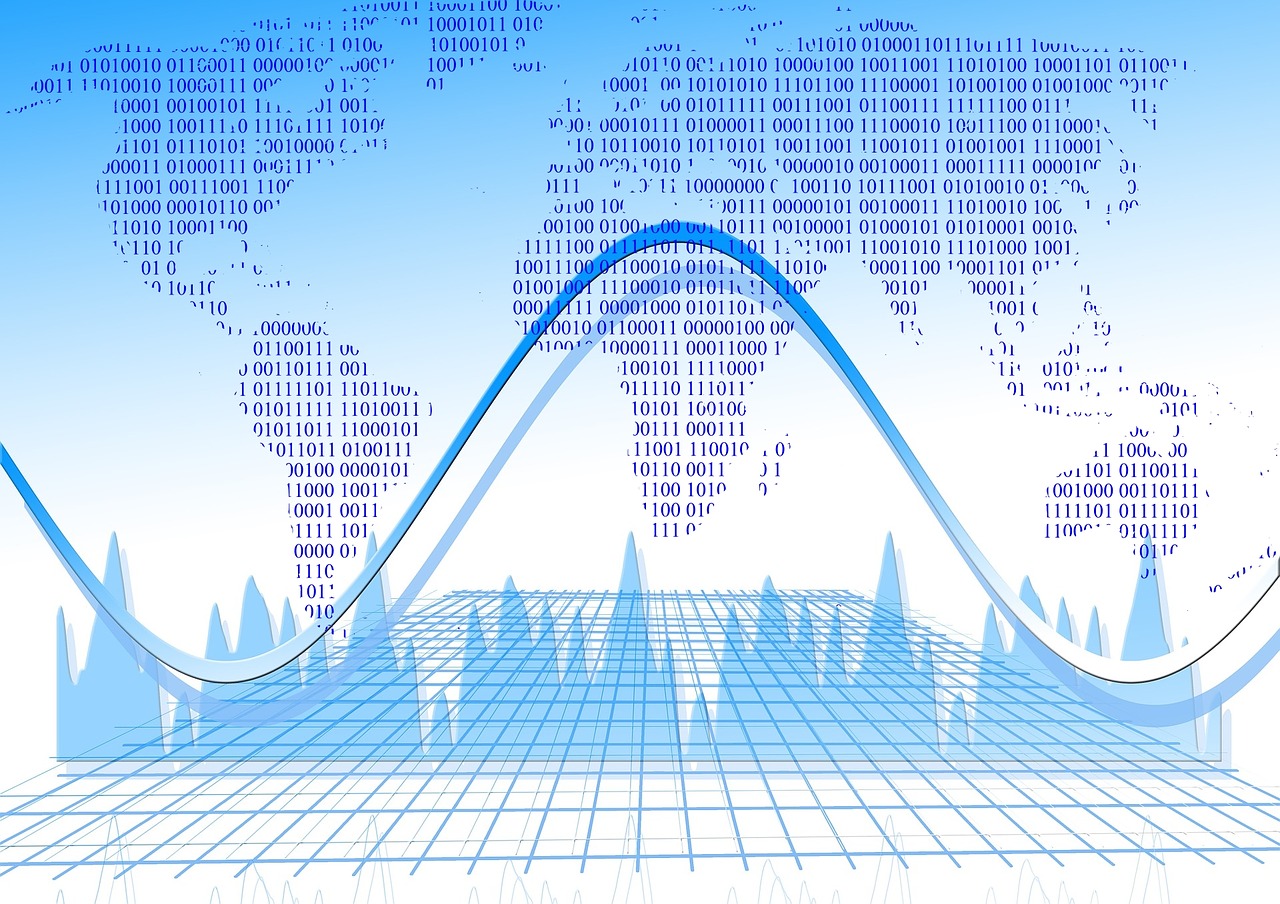Human accomplishment has accelerated exponentially in the past 25 years in large part because of information and technology. The internet provides us with instant access to information from nearly anywhere on the planet. We even have the Library of Congress available at our fingertips every minute of every day. One of our latest digital developments in healthcare is in Big Data and population health management.
The value inside the numbers
If we have access to enough information and the intelligence to understand data, we can manage better outcomes and use fewer resources to improve results. I’ve enjoyed statistics since my first memories as a kid. I can remember spending hours lying in bed with a flashlight reading the Courier-Journal and attempting to memorize batting averages. I believe in the power of numbers, and the theory of population health strategy makes sense.

But there’s a problem: Big Data in healthcare is crippled with bad information.
Claims data is the foundation for population health strategies and is based on coded records in a variety of settings across a large population. The value of information inside the data is significant, and we’ve seen that firsthand with our data analysis work.
There are absolute determinations you can draw from 12 months of claims data. But there are also inherent flaws within that data that will limit our ability to provide better care.
The challenges of a data deluge
Documentation and coding are important processes that contribute to the final claim, and challenges associated with them are nearly unmanageable. There are available technologies and expertise that can maximize potential for providers. However, even credentialing organizations in the coding field accept certain margins of error.
It is unlikely – if not impossible – that the industry ascends to perfection within the science of capturing and coding our clinical encounters.
Stories vs science
The genesis of the challenge starts much further upstream. I believe key demographic information for a large majority of the population is inaccurate. This occurred to me when I received a 23andMe genetic testing kit as a Christmas gift from my wife.
Thanks to stories passed through generations, my family has been fortunate to know a large portion of our lineage. But my kit yielded surprising results. The assumptions of my family’s true genetic makeup and origin were largely incorrect.

Because of these assumptions, I’ve unknowingly checked my fair share of wrong boxes. I’m certain that my immediate family members have as well. My college application, my employment applications, and more importantly my healthcare paperwork contain inaccurate personal data. It seems reasonable to assume that families across the world have also faced this misunderstanding between stories and science.
Boxes checked on medical records inform Big Data strategies. If such misunderstandings are indeed rampant, how do they impact population health strategies and solutions?
I’m not suggesting that everyone should jump online and purchase a DNA genetic kit. Additionally, I have not done enough research to trust the accuracy of my own report. Genetic testing is a personal decision, and the conspiracy theorist in me kept me from taking advantage of my Christmas gift for several months. In the end, it gave me a better idea of where I came from. The experience also sparked new questions and ideas that give me a greater appreciation for the challenges our industry is navigating.
The bottom line
Big Data in healthcare is a different animal than in any other industry. Limitations on the correct input range from extremely complicated processes such as documentation and coding to human misunderstandings about our own personal history.
Despite those limitations, Big Data and population health strategies provide invaluable benefits. Providing better care and possibly curing diseases requires continued innovation. The statistics we use to compare populations, organizations, and clinical trials are much more complex than the batting averages I tried to memorize as a kid.
While I enjoy the simplicity of knowing who had a better season at the plate, I find it fascinating to think about creating the best approach and generating the right statistics that may one day contribute to better and more efficient care.
The solution is always inside the numbers.
We’re here to empower you
Harmony Healthcare’s Health Information Management solutions support your organization with interim expertise that is critical for both daily operations and long-term goals.
Discover how our solutions can help your organization:
- provide strategic direction to optimize revenue and contain costs
- formulate value-based initiatives to identify trends, cost drivers, and care gaps
- identify opportunities to enhance hospital revenue streams
- improve financial performance of managed care agreements
See how the right service partner can provide a better solution for your staffing needs here | Subscribe to our monthly newsletter here
Join our Facebook community here | Join our LinkedIn community here



